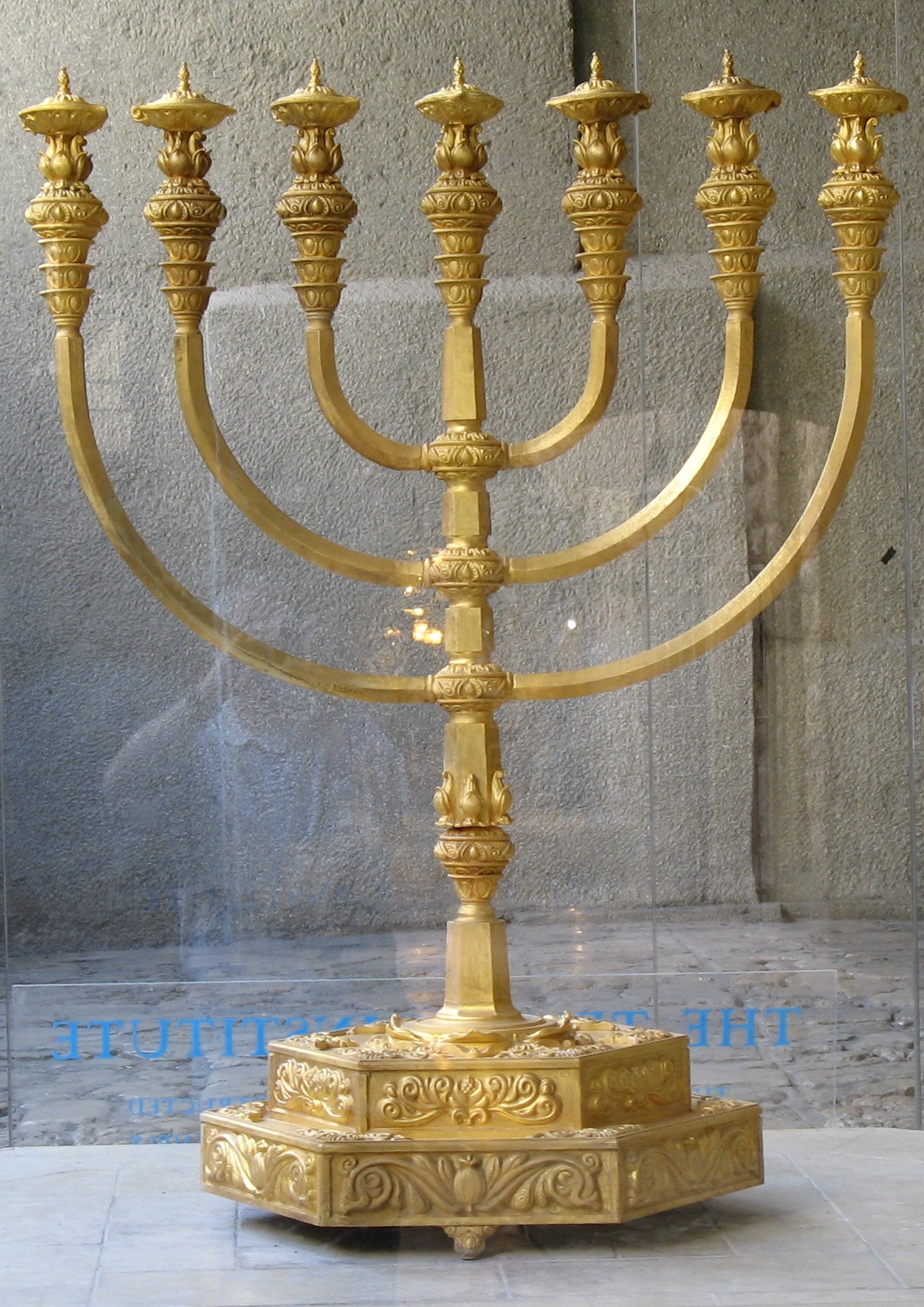The Stewardship director from Toronto Anglican diocese has published a really interesting article about the positive effect online worship is having in that diocese. The link is https://theanglican.ca/online-worship-is-transforming-ministry/
NumbersMatters Posts
There are many special numbers in the Bible, that is what this blog is about, but it is clear that the most special number is seven. The evidence is simple. Seven by far the most frequently referenced number. And seven,…
The Cof E released preliminary stats for 2024 . There is an interesting comment about them here. They appear to show an ongoing recovery from the pandemic. The archbishops are suggesting that new people are coming into the church in…
Data from Statistics Canada shows the significance of the immigrant community for the church in Canada. One in 5 Christians are immigrants, and the countries those people came from might be surprising. In this case, as often, the Statistics Canada…
Below is a link to an interesting article about those who have no religious practice, but do not describe themselves as atheists. It poses the interesting question of what people do believe. https://theconversation.com/the-number-of-religious-nones-has-soared-but-not-the-number-of-atheists-and-as-social-scientists-we-wanted-to-know-why-228852
The Canadian “Anglican Journal” just put out an article on the 2022 statistics. There’s nothing surprising here – but I’m grateful that the data is getting out to the people in the pews.
Which is the most significant day of the Christian year? Is it Christmas or Easter? The statistical data on attendance for these two days can tell us what kind of church we are, and what opportunities we have to reach…
It is hard to appreciate the diversity of the Anglican church of Canada. This post is an attempt to inform or remind readers of just how big and varied Canada is and how the ACC reflects that diversity. We need…
I thought it might be beneficial to include up to date metrics on the ACC. These are intended to give us a sense of whom we are at this point in the life of the ACC. It is worth explaining…
This will be the first of two short reports based on Anglican Church of Canada data from the 2022 diocesan returns. The second report will look at more structural metrics. This report is based on the parish statistics. Data quality…



